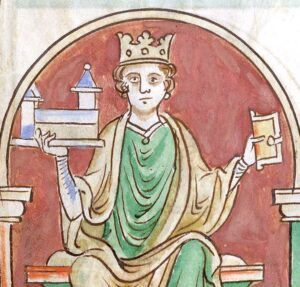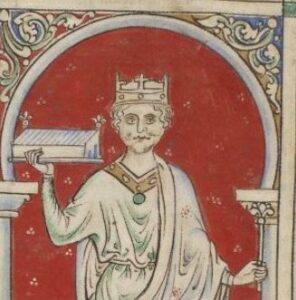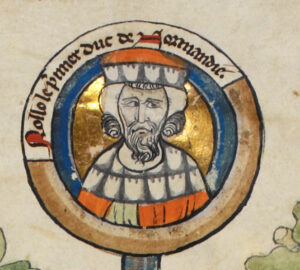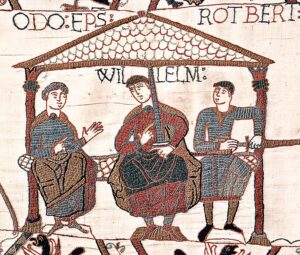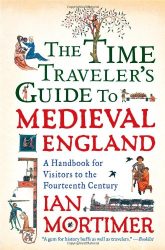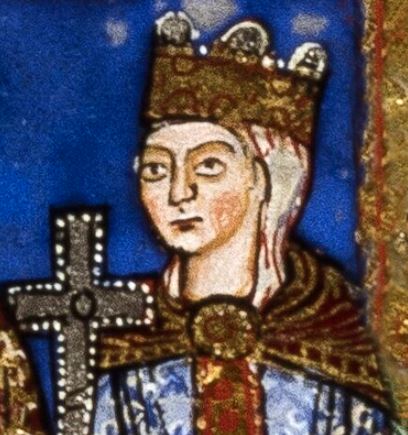
Empress Matilda, also known as Matilda of England, was a key figure in the turbulent period of English history known as the Anarchy. She was the daughter of King Henry I of England and his wife Matilda of Scotland, and she was born in 1102. Matilda’s life was marked by political intrigue, conflict, and ambition.
Who Was Empress Matilda?
One of the defining moments in Matilda’s life came with her marriage to Geoffrey Plantagenet, Count of Anjou, in 1128. This union laid the foundation for the Angevin Empire, a vast realm that encompassed territories in England, Normandy, and Anjou. Matilda’s marriage to Geoffrey strengthened her position as a powerful political figure and provided crucial support for her claim to the English throne.
Following the death of her father, Henry I, in 1135, Matilda’s cousin Stephen seized the English throne, sparking a bitter struggle for power between Matilda and Stephen. Matilda asserted her claim to the throne as the rightful heir of Henry I, but her efforts to secure the crown were met with resistance from Stephen and his supporters.
The ensuing conflict, known as the Anarchy, lasted for nearly two decades and plunged England into a state of chaos and upheaval. Matilda’s forces clashed with Stephen’s armies in a series of battles and sieges across England, but neither side was able to achieve a decisive victory. The conflict took a heavy toll on the country, leading to widespread devastation and suffering.
Despite facing numerous setbacks and challenges, Matilda demonstrated resilience and determination throughout the Anarchy. She rallied support from loyal nobles and sought alliances with foreign powers to bolster her cause. Matilda’s tenacity earned her the respect and admiration of her supporters, who saw her as a symbol of legitimacy and rightful rule.
Ultimately, the Anarchy came to an end with the signing of the Treaty of Wallingford in 1153, which recognized Matilda’s son, Henry Plantagenet, as Stephen’s successor. Henry would later ascend to the throne as King Henry II of England, founding the Plantagenet dynasty and bringing an end to the tumultuous period of civil war.
More Members of the House of Normandy
Established by William the Conqueror after the Norman Conquest of England in 1066, the dynasty ruled England and Normandy for several generations. Renowned for their military prowess and administrative reforms, the Normans left a lasting impact on medieval Europe.

